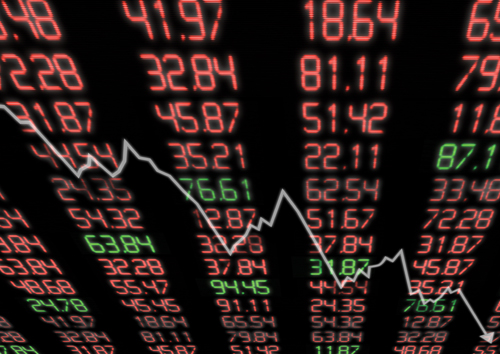Experienced Investor
FTSE plummets to levels last seen in 2012

The UK blue-chip index has fallen to its lowest level in eight years as the fallout from coronavirus continues.
Update 6pm, 12 March: At market close, the FTSE 100 has fallen 10.9%. This is the second worst daily showing for the index, behind Black Monday of 1987. Today’s fall has seen £160.4bn wiped from the market, setting a new record for daily losses.
This morning the FTSE 100 saw a 6% fall, taking it to 5,502 – levels last seen in July 2012.
As the day continued, the London Stock Exchange’s leading index fell further, suffering a 9% fall since opening.
More than £140bn has been wiped off markets as a result and comes after the World Health Organisation upgraded coronavirus to a global pandemic, the US banned European flights to the States and the European Central Bank unveiled a coronavirus stimulus package.
The biggest fallers were Carnival, Barclays, Centrica, TUI AG and Prudential, suffering around 17% losses.
Since the end of February, more than £500bn has been wiped off the value of companies listed on the FTSE 100.
Russ Mould, investment director at AJ Bell, said: “Daily market falls in excess of 2% have quickly become the norm so another day inevitably brings another big decline.
“Donald Trump’s restrictions on travel from many parts of Europe to the US have spooked the market, particularly because his initial comments implied they would also block cargo, which he has since retracted.
“The travel ban will raise expectations that the US will enter recession. After all, Europe is a key source of tourists and business travel to North America and so there will be a large drop in spending which the region would normally enjoy.”
The S&P 500 has already lost $5.3trn of value and Mould added that if the S&P hits 2,709 then the index will slide into a bear market, ending the bull run that began in March 2009.
“It would also be the fastest bear market fall since the Second World War for the S&P 500, at just 21 calendar days from the high of 19 February,” he added.